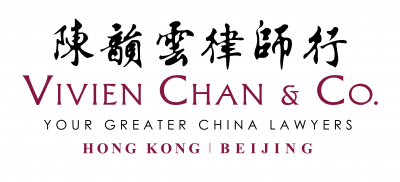Recently Japanese company MUJI (無印良品) (“MUJI”) lost yet another court case against the Chinese nemesis, Beijing Cottonfield Textile Corporation (“Beijing Cottonfield”) and was ordered to pay RMB400,000 (around USD 63,500) in a commercial defamation case.
MUJI had been in a decades long legal battle with Beijing Cottonfield for trademark rights of the MUJI Chinese mark for goods in Class 24 (textile products). In this article, we will update you the latest development of this long-haul trademark battle and lessons to be learned for foreign brand owners to avoid such pitfalls when doing business in China.
Where It All Began
MUJI was established in Japan in 1980. MUJI filed trademark applications for the MUJI Chinese mark in China in 1999 in Classes 16, 20, 21, 35 and 41 before entering the Chinese market in 2005, but not in Class 24.
On the other hand, the MUJI Chinese mark had been registered by a Hainan company in China in 2001 on the goods in Class 24, including textile products, towels, bed sheet, etc.
MUJI did file an opposition against Hainan’s application in Class 24 but the opposition was ultimately dismissed by the Supreme People’s Court, the highest court in China in 2012 due to the lack of evidence of use on the goods in Class 24 in Mainland China before the application date of Hainan’s mark. MUJI’s use evidence in Japan and Hong Kong before the application date was ruled insufficient to support its case. The mark was assigned to Beijing Cottonfield in the interim of the dispute in 2004, which founded the business “无印良品 Natural Mill” in 2011.









